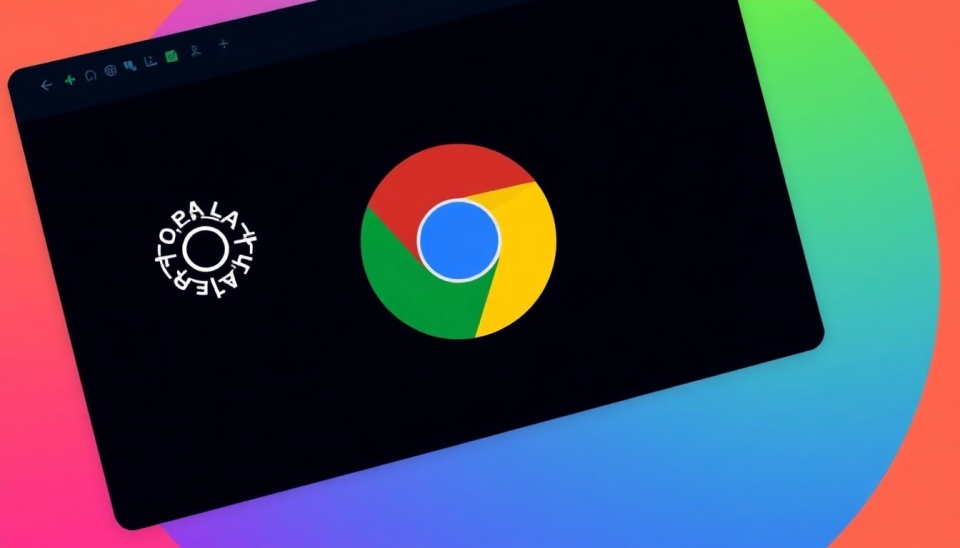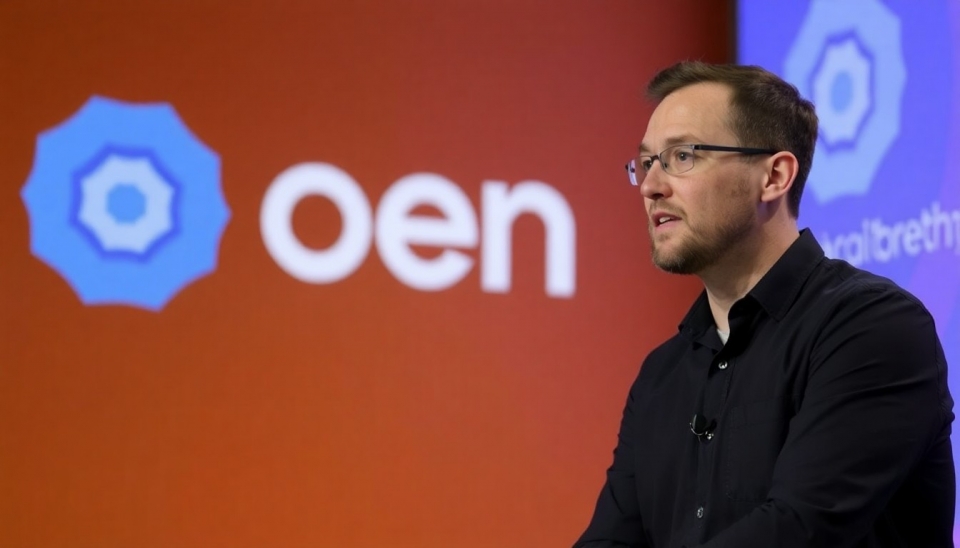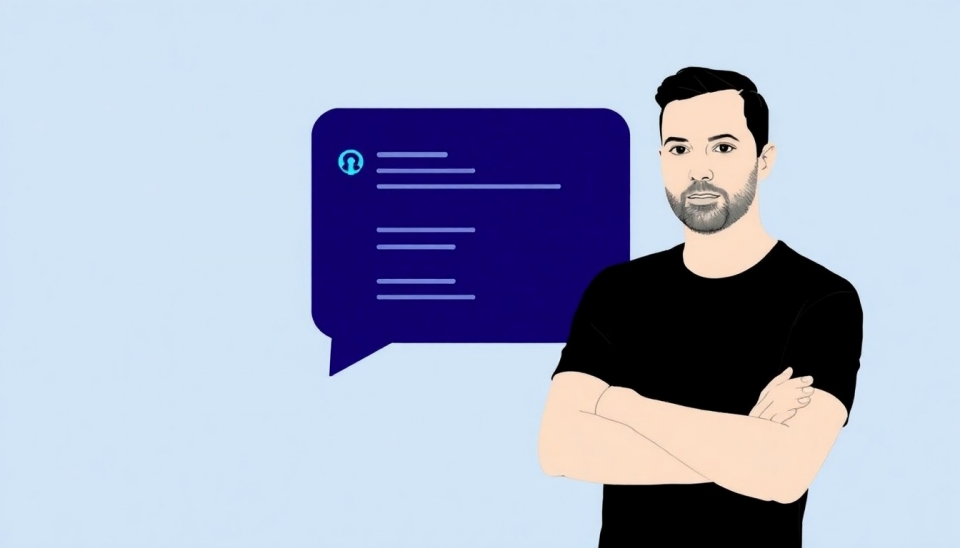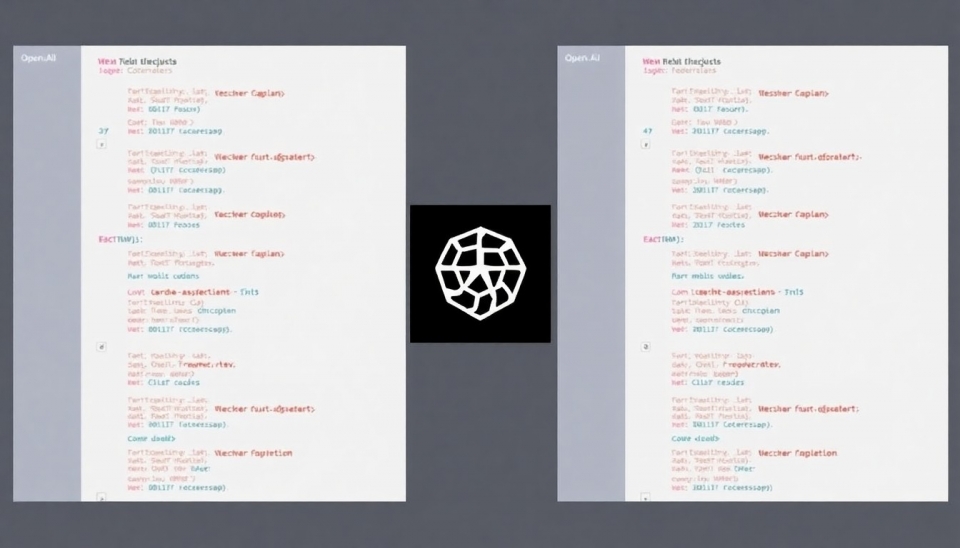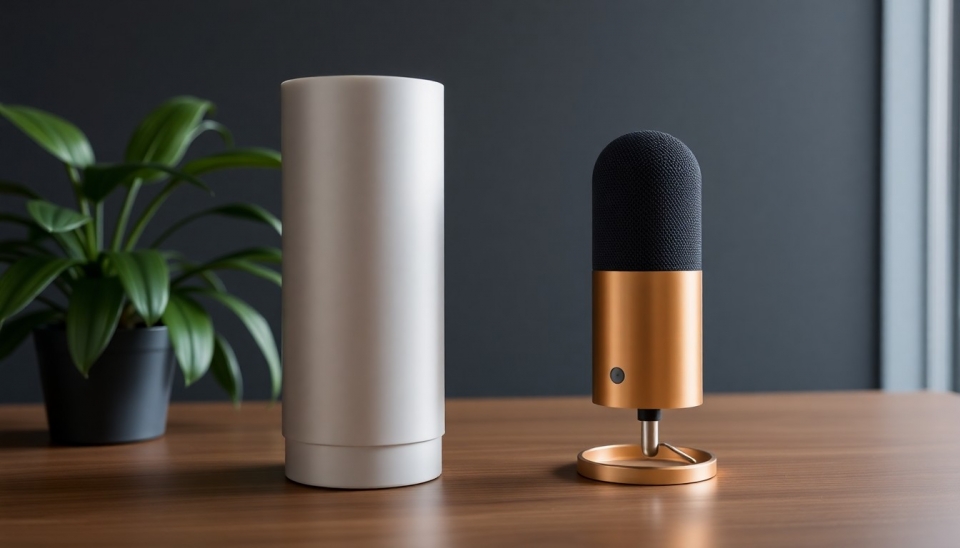
In a significant legal development, several prominent Canadian news publishers have initiated a lawsuit against OpenAI, alleging violations of copyright law. The publishers, which include major players such as the Canadian Press and several regional media outlets, assert that OpenAI's language model, ChatGPT, has unlawfully utilized their content without permission.
This lawsuit emerges amid growing concerns surrounding artificial intelligence’s effects on traditional media. The publishers argue that OpenAI’s practices undermine the journalism industry by using their articles and reports to generate content without compensation or adequate attribution. They contend that AI models trained on their writings are reaping the benefits while the creators are left uncompensated.
The claim highlights that this instance is part of a broader pattern within the tech industry, where companies leverage copyrighted material to enhance their AI systems. The outcome of this case could establish crucial precedents regarding the obligations of AI developers to respect copyright laws and the proprietary rights of content creators.
Legal experts weigh in on the implications of such lawsuits, suggesting that they could reshape the landscape of how AI interacts with intellectual property. If the publishers succeed in their case, it could lead to stricter regulations surrounding the use of proprietary content by AI firms, actively redefining the balance of rights between content creators and tech companies.
The news of this lawsuit has sparked discussions across various platforms about the ethics of using existing media content to develop AI applications. The publishers are advocating for a fair framework where creators are rewarded for their contributions, underscoring the need for a meaningful dialogue between tech entities and media organizations.
In response to the lawsuit, OpenAI has yet to publicly comment, but industry observers speculate it may lead to a reevaluation of how the company sources data for its models. The case is expected to unfold over the coming months, drawing attention from legal analysts and stakeholders in both the media and technology sectors.
As technology continues to evolve at a rapid pace, this lawsuit could have wide-ranging implications for the future of journalism and content creation, as well as for the rapidly changing dynamics of intellectual property rights in the digital age.
Stay tuned for further developments as this legal battle unfolds, potentially marking a pivotal moment in the intersection between artificial intelligence and intellectual property law.
#OpenAI #Copyright #CanadianMedia #AI #LegalAction #Journalism #ContentCreation #TechIndustry #IntellectualProperty
Author: Emily Collins
